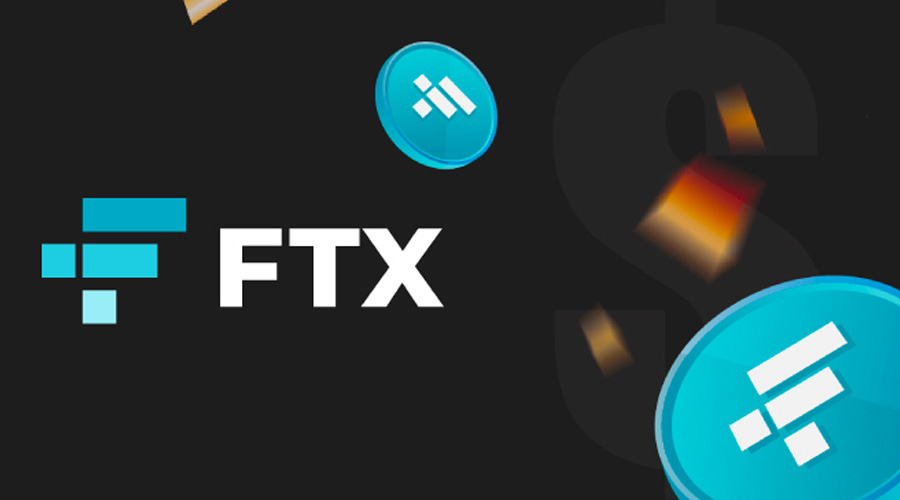Cambridge Analytica Whistleblower Eyes Blockchain to Solve Data-Privacy Crisis
Blockchain to Solve Data-Privacy Crisis in a number of ways. it can be used to store data in a way that is encrypted and decentralized.

In 2018, the world was shocked by the Cambridge Analytica scandal, which revealed that the firm had collected data from up to 87 million Facebook profiles without users' consent. This data was then used to target voters with personalized political ads during the 2016 US presidential election.
The scandal highlighted the serious privacy risks associated with the current data collection and sharing practices of big tech companies. It also sparked a renewed debate about how to protect people's data in the digital age.
One technology that has been proposed as a solution to the data privacy crisis is blockchain. Blockchain is a distributed ledger technology that is best known for its role in powering cryptocurrencies like Bitcoin. However, blockchain has the potential to be used for a wide range of other applications, including data privacy.
What is blockchain and how can it be used to protect data privacy?
Blockchain is a decentralized database that is shared by all members of a network. Each member of the network has a copy of the database, which is updated whenever a new transaction is added. This makes blockchain very secure, as it is very difficult to tamper with the data.
Blockchain can be used to protect data privacy in a number of ways. For example, it can be used to store data in a way that is encrypted and decentralized. This means that users would have complete control over their own data and would be able to choose who has access to it.
Blockchain can also be used to create smart contracts. Smart contracts are self-executing contracts that are stored on the blockchain. They can be used to automate the processing of data and to ensure that data is used in a way that is consistent with the user's wishes.
How is Cambridge Analytica whistleblower Brittany Kaiser using blockchain to solve the data privacy crisis?
Brittany Kaiser is a former business development director at Cambridge Analytica. She became a whistleblower after she realized that the firm was using data to manipulate people's political views.
Kaiser is now using her knowledge of data privacy and blockchain to develop new technologies to protect people's data. She is the co-founder of Own Your Data Foundation, a non-profit organization that is developing a blockchain-based data marketplace.
The Own Your Data marketplace will allow users to control their own data and to sell it to businesses on their own terms. Users will be able to choose what data they want to share and how they want it to be used.
Kaiser believes that blockchain is the key to solving the data privacy crisis. She argues that blockchain can give people back control of their own data and can help to create a more transparent and accountable data ecosystem.
Other ways that blockchain is being used to solve the data privacy crisis
In addition to Own Your Data Foundation, there are a number of other companies and organizations that are using blockchain to develop new data privacy solutions.
For example, the company Verimi is developing a blockchain-based identity management system. This system will allow users to create and manage their own digital identities without having to rely on third-party identity providers.
The company Enjin is developing a blockchain-based platform for managing digital assets. This platform can be used to store and manage a wide range of digital assets, including data.
Blockchain is a new and emerging technology, but it has the potential to revolutionize the way that data is collected, shared, and used. By giving people back control of their own data, blockchain can help to solve the data privacy crisis.
Additional thoughts
The use of blockchain to solve the data privacy crisis is still in its early stages of development. However, there are a number of promising projects underway. As blockchain technology continues to mature and become more widely adopted, we can expect to see more and more innovative data privacy solutions emerge.
It is important to note that blockchain is not a silver bullet for data privacy. It is important to use blockchain in conjunction with other data privacy measures, such as strong encryption and privacy-focused policies.
What's Your Reaction?
















